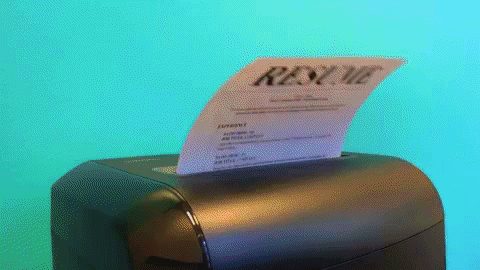
From right in our own backyard, two professors
from the University of Pennsylvania’s Wharton School of Philadelphia, have
found, what they believe to be a new way to test for resume bias.
Previously, researchers would send employers
fake resumes, and then draw conclusions based on the responses they receive.
The problem here lies that simply, the
information is phony. Employers are not likely to respond to unsolicited
resumes, and further, become aggravated when they sense that their time is
being wasted.
The Incentivized Resume Rating (IRR) is
potentially the solution to this problem.
From 2016 and 2018, business economics
and public policy professors Judd Kessler and Corinne Low, along with doctoral
student Colin Sullivan gathered 800 real
resumes of graduates from the University of Pennsylvania. The IRR diagnostic
software tool collected information such as academic degrees, and experiences.
The software then created thousands of fake resumes that clearly conveyed the
candidate’s genders and ethnicities.
Then, 72 employers from all sizes and industries
received the fake resumes for real openings within their company. The
recruiters, who were primarily white females, knowingly reviewed 40 randomly
assigned fake resumes. Each resume was rated on the likelihood of that
candidate accepting the job offer. Here is how the experiment differed, based on
the recruiter’s preferences on the fake resumes, they were sent 10 real job
seekers to interview for the positions. This
is the main innovation, recruiters were now motivated to carefully evaluate the
resumes because they knew real hiring decisions would be made.
The Results:
- In STEM (Science, Technology, Engineering, and Math)
fields, candidates with minority and female names were rated lower than those with white male names. A female or minority candidate with a 4.0 GPA
received the same rating as a white male with a 3.75 GPA. This disparity was not found in other fields such as humanities, social science, and business. - High value was placed on the quality of internships that candidates had. A candidate with a 3.6 GPA and a prestigious internship were rated higher than one with a 4.0 but no experience. Yet even still female and minority candidates received less credit for prestigious internships across all fields. Women received about half the boost men would have.
- Female and minority candidates were rated lower in
“get-ability”, meaning that recruiters felt candidates were less likely to accept the job offer. - Employers placed no value on low-skill jobs during
their senior-year summer. A job such as a cashier or a lifeguard. This shows how challenging it could be for students coming from lower socioeconomic backgrounds who need these jobs and cannot afford to take an internship.
The Takeaway, as Low Said “"Firms need to
remember that if you have some of these biases, they’re going to get hard-wired
into the algorithm. You have to think very carefully about how to strip that
out.“
Read the full article here for more information:


0 Comments